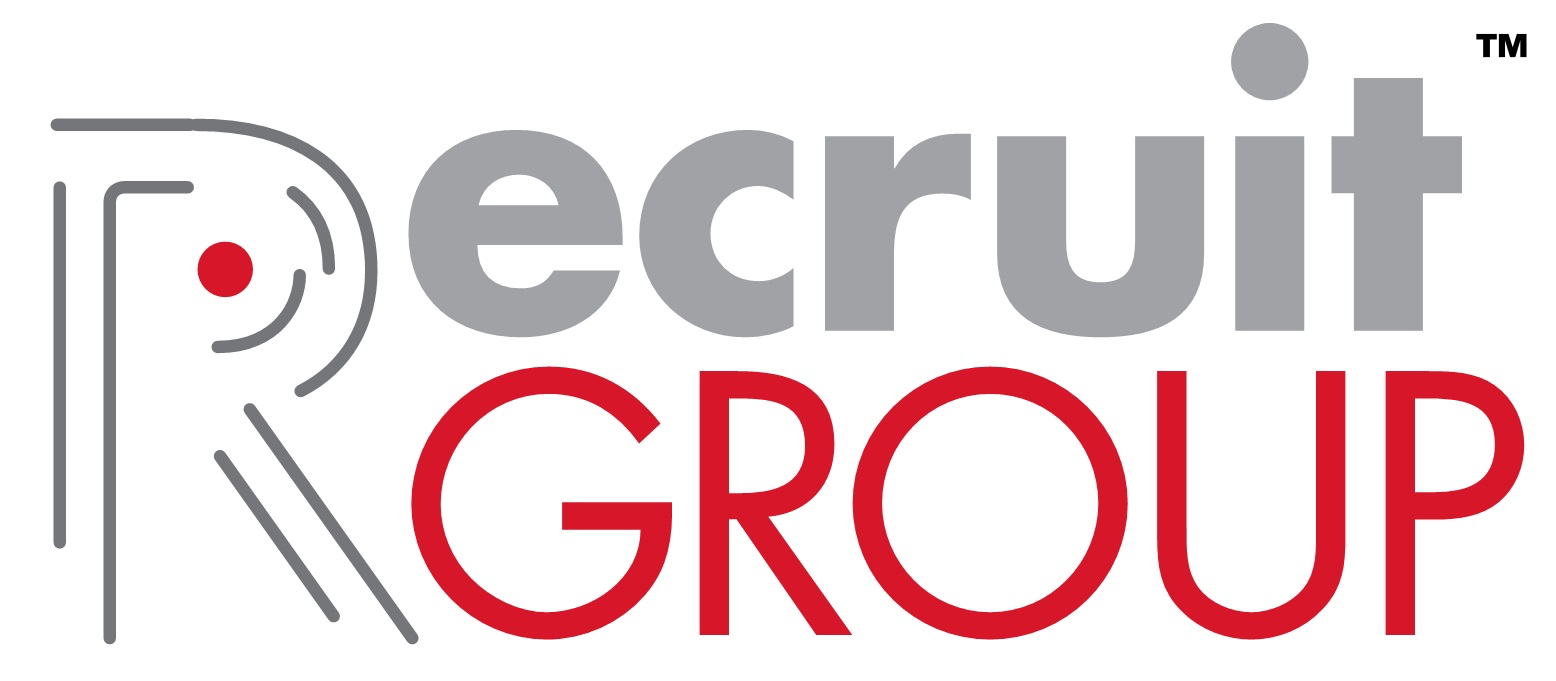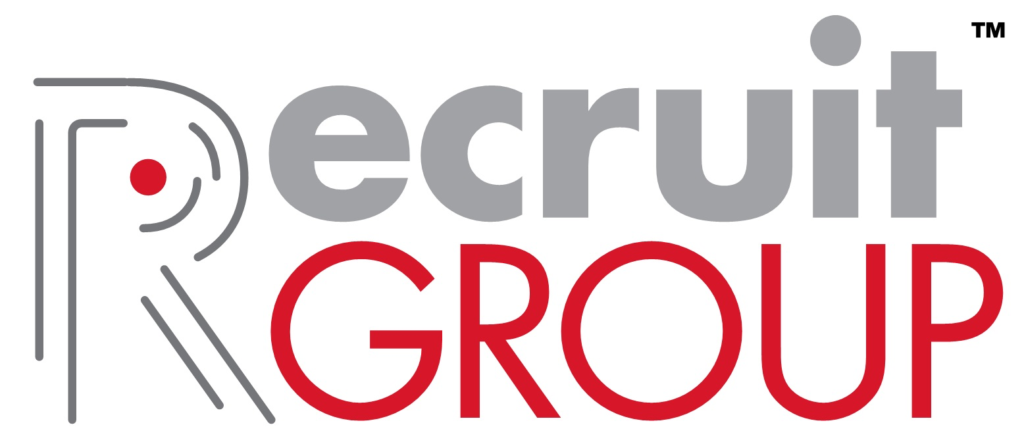The despicable tales of Harvey Weinstein have got us talking. The media is pouring out perspectives on misogyny and sexual harassment in the workplace. Facebook feeds are filled with “me too” confessions. It has never been a secret that women face challenges that men can hardly fathom—sexism, both overt and subtle, on purpose and inadvertent. But recent high- profile revelations are shining a spotlight on this issue.
This topic is close to my heart. I am passionate about diversity in the workplace, and although it is a delicate topic, I think it is important that we bring it up and continue to have honest discussions, online and off.
Diversity is good, not just for society and the people who have traditionally been marginalized, but also for business overall. Diversity of thought breeds creativity, better decision-making and a more engaging company culture. According to research from McKinsey, companies with diverse workforces even perform better financially.
Gender Bias in the Healthcare Industry
I have been helping healthcare organizations find A-level sales talent for more than a decade. I place about one woman for every six to seven male candidates. This isn’t on purpose, or for a lack of trying to find and place qualified females on my part. There are fewer women than men in healthcare sales, and they are often not being groomed for leadership roles in the same way that men are.
Women comprise 80 percent of the healthcare provider workforce, yet they are underrepresented in leadership roles. Only 21 percent of healthcare executives are women. These VP and C-level positions are primarily held by white males. I am not saying these guys don’t belong there, or that they are not talented and qualified. I just want to explore why our boardrooms remain consistently homogenous.
It stems in part from an old-school hiring principle: hire what you know. This applies literally and in general. People recruit their friends, acquaintances, former colleagues, etc. They also tend to hire people who are like them and feel familiar.
It also has to do with gender differences and biases. Do some men pursue their next career step more aggressively than some women do? Certainly, but that is not a sufficient explanation. Women are often pigeonholed into certain types of healthcare sales careers, chiefly account management and relationship-building type tracks. These are important, well-paying jobs, but people don’t typically go from the account side to VP of sales.
I live and breathe healthcare sales. When a company is looking to hire someone to pound the phones and bring in new business, they usually hire young men—“hunters.” Again, I am not saying that these men aren’t talented or right for the job. We just need to realize that if we keep this hiring pattern up, nothing will change. In 15 years or so, who are going to be our sales managers and directors?
Why It Matters
The lack of female talent in healthcare technology sales is a bad thing for companies. Women make 80 percent of family healthcare decisions. Why not have a woman on your sales team? Better yet, why not have one leading it?
The gender gap should be of particular concern to B2B enterprises. As mentioned earlier, women comprise 80 percent of the healthcare workforce. You have to hope that means they are the VPs, CMOs and CFOs of tomorrow—the people who will be making technology-buying decisions. Remember how I said people hire people they know? People also buy from people they know, especially in the B2B sphere.
Of course, your role as a hiring company is to find the right person for the role, regardless of gender or race. You need someone with the right attitude, the right experience and a proven track record. My point, though, is that companies would be wise to keep a keen eye out for female talent, not just because diversity is good for society, but because women will drive value for their business.
The healthcare technology superstar saleswomen are out there. I see them, but not often enough. To drive change, we need to be willing to have the uncomfortable discussions. Weinstein is a pig, but I am glad to have a light shined on the realities of sexism in the workplace. Let’s be open to having a real dialogue about the need for more women in healthcare technology sales.
Want to learn about Recruit Group and the issues that move us? Contact us today.


